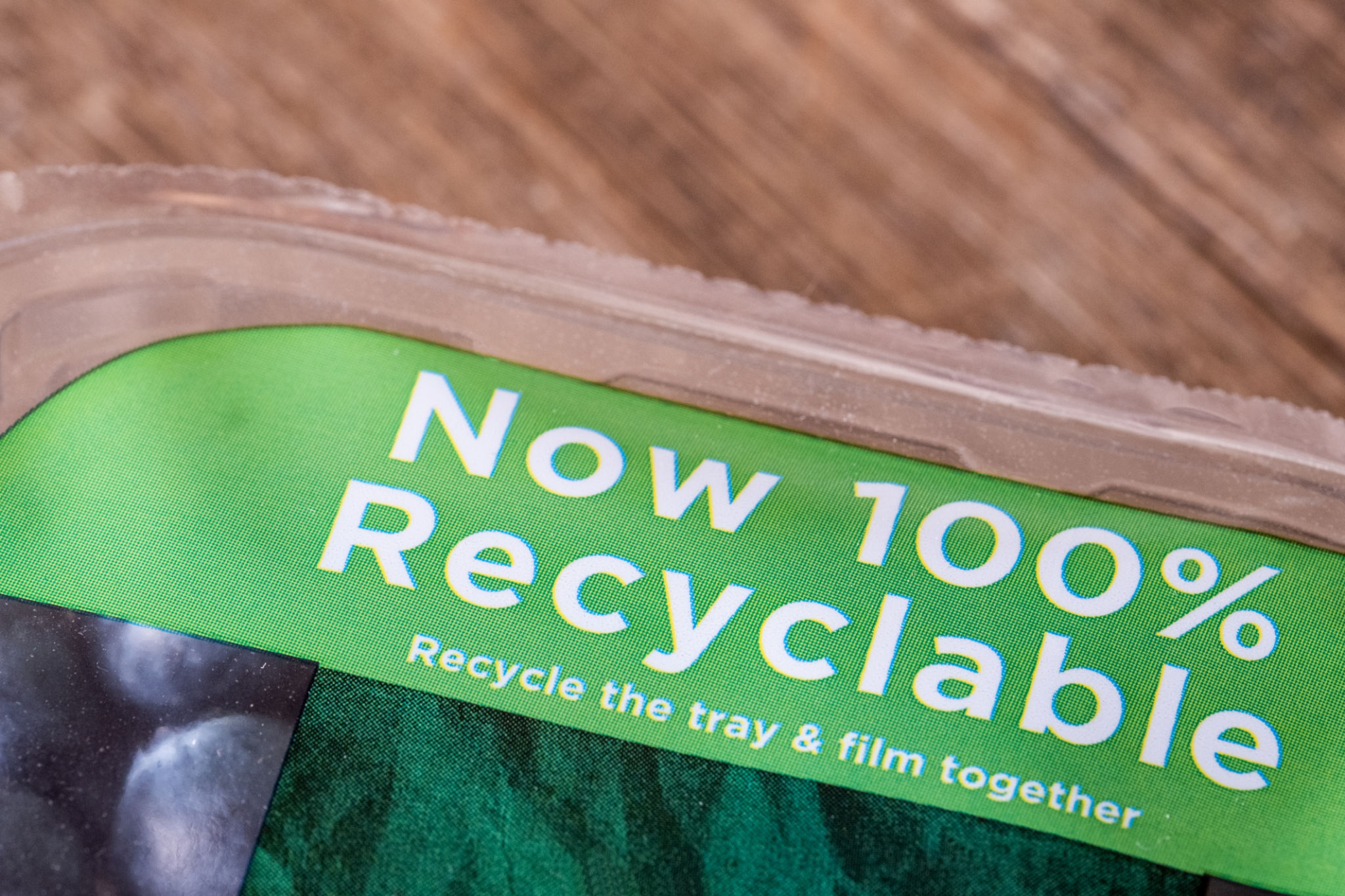Miami's Commitment to Sustainability: Local Regulations and Packaging Solutions
Understanding Miami's Environmental Regulations
Miami, known for its stunning beaches and vibrant culture, is also becoming a leader in sustainability. The city has implemented various local regulations aimed at reducing environmental impact and promoting sustainable practices. These regulations are designed to address issues like waste management, energy efficiency, and pollution reduction.
One significant regulation is the ban on single-use plastics in Miami Beach, which prohibits the distribution of plastic straws and stirrers. This move is part of a broader effort to reduce plastic waste in the city, encouraging businesses to switch to reusable or biodegradable alternatives.

Another important regulation is the implementation of stricter building codes to improve energy efficiency. New constructions are required to meet specific energy standards, ensuring that buildings consume less power and contribute to lower greenhouse gas emissions.
Innovative Packaging Solutions
As part of its commitment to sustainability, Miami is encouraging businesses to adopt innovative packaging solutions. Many companies are exploring eco-friendly packaging options, such as biodegradable materials and recyclable containers, to minimize their environmental footprint.
Biodegradable packaging is gaining popularity due to its ability to decompose naturally without leaving harmful residues. This type of packaging is made from materials like cornstarch, sugarcane, and bamboo, which are sustainable and environmentally friendly.

Recyclable packaging is another solution that businesses in Miami are embracing. By using materials that can be easily recycled, companies can reduce waste and promote a circular economy. This approach not only benefits the environment but also enhances brand reputation among eco-conscious consumers.
Engaging the Community
The success of Miami's sustainability efforts relies heavily on community engagement. Local organizations and businesses are working together to raise awareness about environmental issues and promote sustainable practices. Educational programs and workshops are being conducted to inform residents about the importance of reducing waste and conserving resources.
Community involvement is further enhanced through initiatives like beach clean-ups and tree planting events. These activities not only help improve the local environment but also foster a sense of community responsibility and environmental stewardship.

The Role of Technology in Sustainability
Technology plays a crucial role in supporting Miami's sustainability goals. The city is leveraging advanced technologies to monitor and manage resources more efficiently. Smart city solutions, such as energy-efficient lighting systems and intelligent transportation networks, are being implemented to reduce energy consumption and emissions.
Moreover, data analytics is being used to optimize waste management processes. By analyzing patterns in waste generation, the city can develop more effective strategies for waste reduction and recycling. These technological advancements are essential for creating a sustainable urban environment.
Future Prospects for Miami's Sustainability
Looking ahead, Miami's commitment to sustainability is expected to grow even stronger. The city plans to continue enhancing its environmental regulations and promoting innovative solutions to address emerging challenges. Collaboration between government agencies, businesses, and the community will be key to achieving long-term sustainability goals.
By prioritizing sustainability, Miami not only preserves its natural beauty but also sets an example for other cities around the world. As more initiatives are launched and more people get involved, Miami's journey toward a greener future will undoubtedly inspire others to follow suit.
